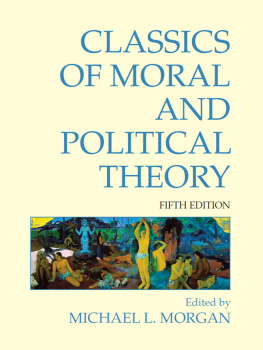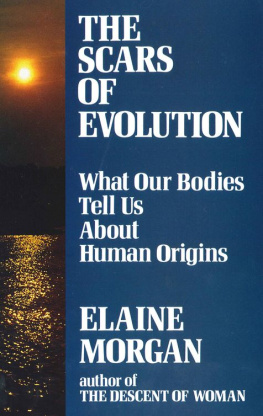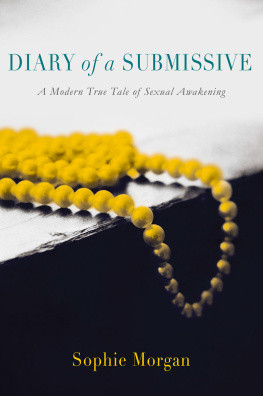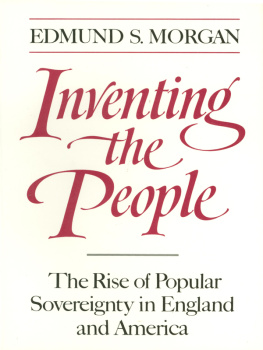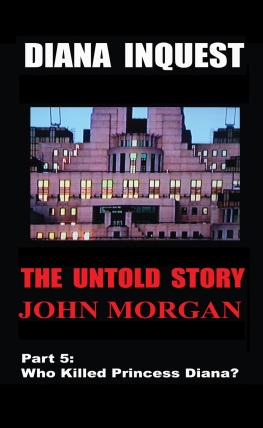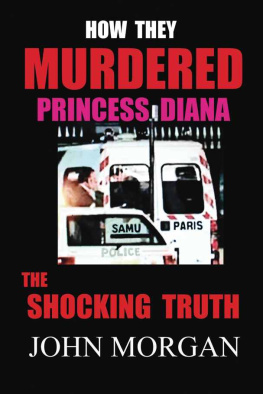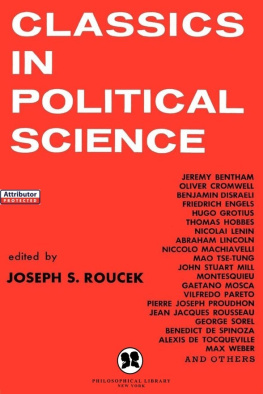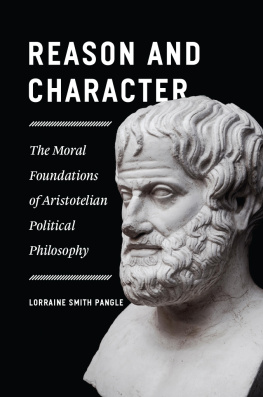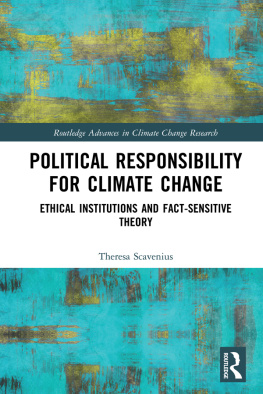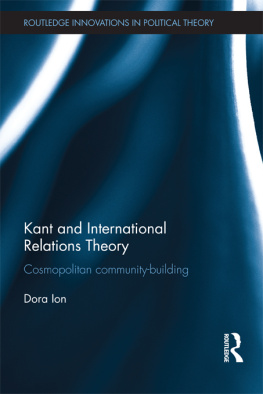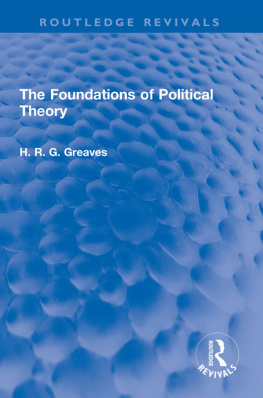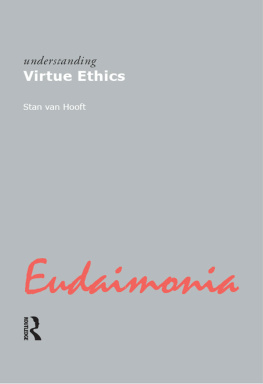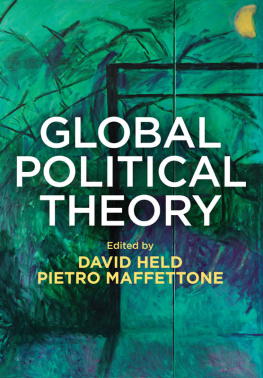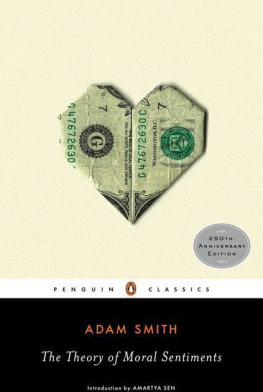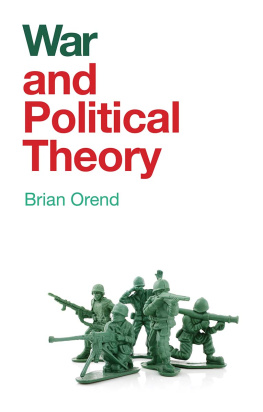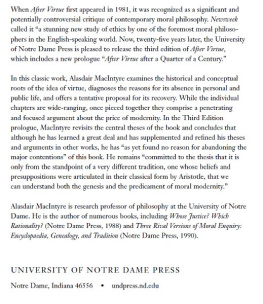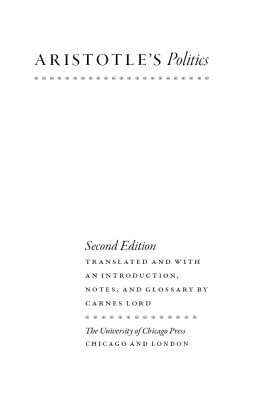CLASSICS
OF
MORAL AND
POLITICAL THEORY
CLASSICS
OF
MORAL AND
POLITICAL THEORY
Fifth Edition
Edited by
MICHAEL L. MORGAN
Hackett Publishing Company
Indianapolis/Cambridge
First Edition Copyright 1992 by Hackett Publishing Company, Inc.
Second Edition Copyright 1996 by Hackett Publishing Company, Inc.
Third Edition Copyright 2001 by Hackett Publishing Company, Inc.
Fourth Edition Copyright 2005 by Hackett Publishing Company, Inc.
Fifth Edition Copyright 2011 by Hackett Publishing Company, Inc.
All rights reserved
Printed in the United States of America
15 14 13 12 11 1 2 3 4 5 6 7
For further information, please address
Hackett Publishing Company, Inc.
P.O. Box 44937
Indianapolis, Indiana 46244-0937
www.hackettpublishing.com
Cover design by Brian Rak
Interior design by Abigail Coyle
Composition by Agnews, Inc.
Printed at Dickinson Press
Library of Congress Cataloging-in-Publication Data
Classics of moral and political theory / edited by Michael L. Morgan. 5th ed.
p. cm.
ISBN 978-1-60384-442-0 (pbk.) ISBN 978-1-60384-443-7 (cloth)
1. Political ethics. 2. Political science. I. Morgan, Michael L., 1944
JA79.C59 2011
172dc22 2010040727
ePub ISBN: 978-1-60384-724-7
We have called this anthology Classics of Moral and Political Theory in order to suggest by its title some of the volumes important features. First, it contains writings with a certain content. Some of the texts are about moral or ethical theory in the broad sense that includes reflection on the nature of morality and discussion of the content of the moral life, its principles and ideals, its characteristic virtues and vices. Other works deal with political matters, also in a broad way, often treating the relationships among political, legal, religious, philosophical, moral, and psychological issues, discussing the nature of political institutions, political practice, and much else. Some of these works, then, are classic moral texts; some are classic political texts; some are both. All, however, and this is my second point, are classics.
What is a classic? Surely there is no short and simple answer to this question. But perhaps this much will do: A classic text is one that reverberates within one or more traditions. It is a text that articulates powerfully influential views, positions, or conceptions; that exhibits in a paradigmatic way models, motifs, or arguments; and that is recalled, cited, and exhibited in subsequent discussion, inquiry, and debate. A classic, in short, is a work that makes an important difference or at least, from a particular vantage point, is thought to have made and to continue to make such a difference.
Not all texts of course are classics. But while others may be interesting or valuable or helpful, only classic texts are somehow necessary, both for understanding a tradition and for participating in one as well as for calling a tradition into question and seeking to deconstruct or subvert it. To say something significant and important within or against a tradition of discourse, one must, to some degree or other, call upon the resources that constitute that tradition, and classic texts are the chief written repositories of these resourcesof the traditions terms, its alternative views, its examples, formulations, arguments, and indeed all that make up its tools for discussion and debate. In this sense, the writings collected in this anthology are classics, not the classics, to be surefor there are many others, and the very status of being a classic changes in the course of historybut some of the classics of the several traditions of reflection about moral and political matters in the West, from Greek antiquity to the late nineteenth century.
These classics, moreover, are of a limited kind. They are all works written by men, largely for men; their conceptions of human nature, the good life, political virtues, and so on exhibit a gender bias. Furthermore, they are Western, European classics that are featured in certain traditions of discussion and debate but should be compared and contrasted with other typesnon-Western classics, classics by nonwhites, by women, by Native Americans, by non-Christian authors, and more. For many reasons, excluding such alternative classics is unfortunate, but it has been unavoidable and purposeful. What this volume contains is not a sample of everything; it is, rather, a selection that can serve as a common resource both for those who seek to understand and continue the Western traditions of debate and for those who seek to examine these traditions critically and, in the end, to oppose them.
Each one of these classic texts, moreover, means and has meant many things. Each work meant something, surely many things, when it was written and published and initially read. Each came to mean much else as it was reread, cited, recalled, and reinterpreted in the years and decades thereafter. And each text now means many things to its many current readers, us among them, as it is read again and interpreted in the context of todays debates, issues, and events. Different readers will approach these works for different reasons and with different interests and presuppositions. In a way, then, each of these texts is not one text but many, a vast plurality.
These issues have guided the construction of this anthology. From a much larger list of classic texts of moral and political thought we carved the current table of contents, trying insofar as it was possible to include many of the most influential and significant classics that are currently taught and studied. Moreover, where we could, we chose to include entire works or at least very sizeable chunks. The more we excerpt, the more we limit the readers perspective and options and hence the more we coopt the readers role as interpreter and critic. We did not want to do that either to you, the teacher, or to you, the student. Finally, the introductions to each author are not intended as full-scale interpretations of the works; rather they aim to help the student by situating the author and the work historically and by saying some general things about the authors work and thought. In the end, these strategies all serve a single goal: to provide a useful and convenient resource for the critical study of moral and political thinking in the Western historical traditions.
In many ways this work is an empirical enterprise. It does not hope to shape a tradition so much as to respond to and express features of several. For this reason, as years go by and as interests change, it may be advisable, if not necessary, to alter its contentsto add, delete, and replace these classics with others. Your guidance in this process will be invaluable, and we invite it. In such a way, this anthology, which has thus far been a cooperative enterprise, will continue to be one, in a continually useful and significant way.
The Fifth Edition of Classics of Moral and Political Theory offers four major new features. First, an augmentation of the unit on Aquinasmost significantly, by the inclusion of a selection from Aquinas Disputed Questions on Virtue from the splendid new translation by Jeffrey Hause and Claudia Eisen Murphy (Hackett, 2010). In addition, selections on law from the Summa Theologica, in Richard Regans translation, have been expanded. Together the selections from these two works offer a far better picture than have previous editions of Aquinas ethical and political theory, a body of work that has sparked renewed interest in recent years.
Second and third are the additions of two milestones of Western political theory: Lockes Letter Concerning Toleration and, from Ted Humphreys 2003 edition, Kants To Perpetual Peace.
Fourth is the addition of Peter Preuss translation of Nietzsches
Next page
